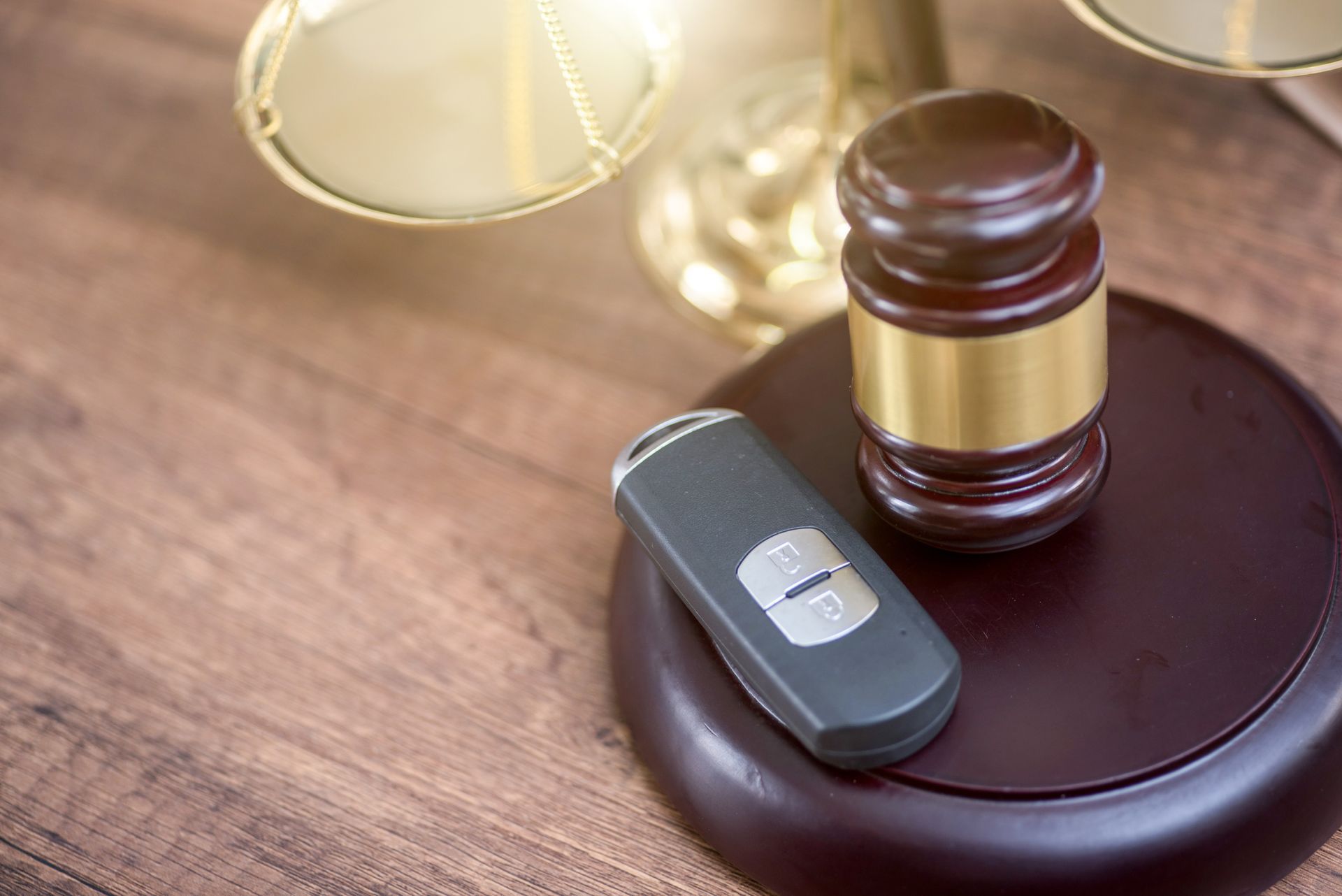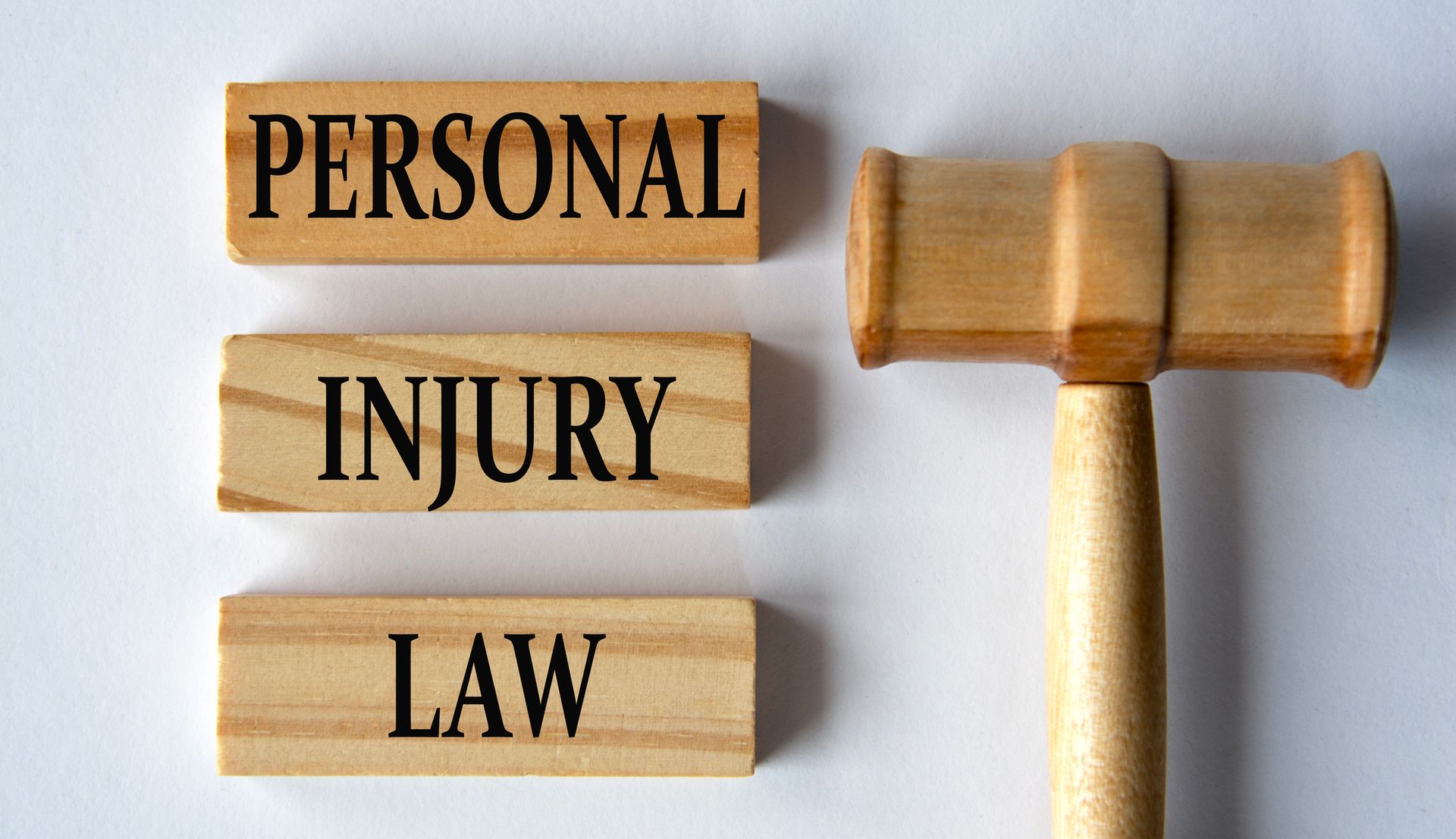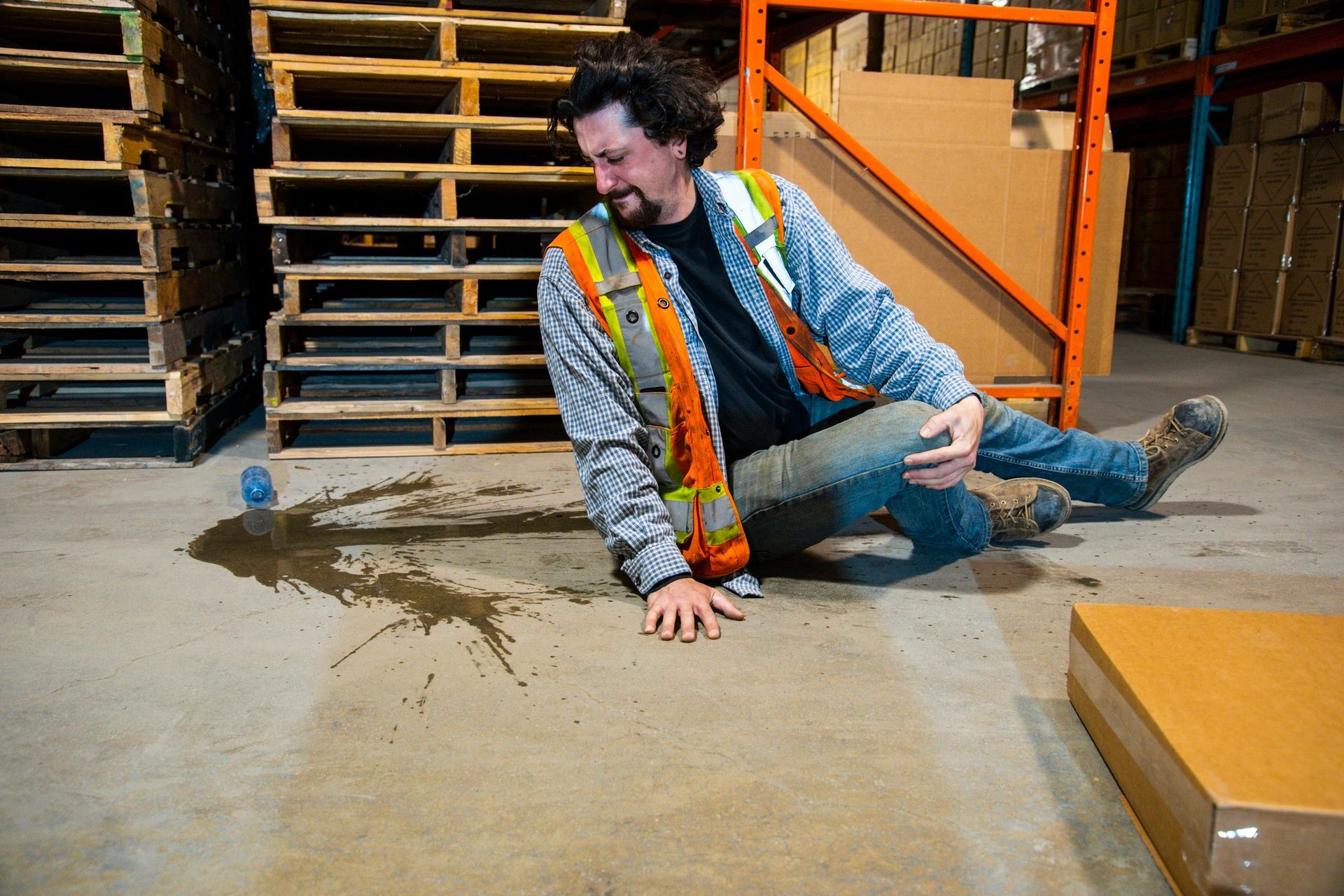AN ACCIDENT WAITING TO HAPPEN
When Construction Signs Don't Signal in Time
COUNTRY ROADS
I recently drove from Pennsylvania to Southwestern West Virginia. In the hot, baking West Virginia sun, slightly west of the state capital of Charleston, a construction sign from the ubiquitous orange barrel areas along the highway was toppled over into the left lane. With no prior warning—the sign was laying flat on the road and no orange could be seen—and traffic beside me, I had no choice but to drive over it at approximately 70mph. A horrific crunching sound occurred followed by a plume of black smoke, and I barely managed to get my car to the right side of the road before it died…as in it refused to move, leaking a sickly yellow substance (which I later learned was transmission fluid) all over the shoulder of the road.
What followed next was a hot couple of hours spent with police, tow trucks (one to get the car off the side of the road immediately, and one to tow it to a nearby repair shop), and my son who picked me up. It wasn’t until I was back at my son’s house that I realized how lucky I had been that the damage to my car was not too great, and that no one had been injured. According to a recent study conducted by the AAA Foundation for Traffic Safety, there were approximately 200,000 crashes reported to have been caused by road debris in the United States over a three-year period. These accidents resulted in 39,000 injuries and more than 500 deaths.
LIABILITY FOR ROAD DEBRIS ACCIDENTS
Road debris can range from small pieces of plastic to old mattresses to even larger debris. While most drivers manage to avoid these hazards, car crashes caused by road debris can result in serious injuries and property damage. If the debris was left on the road by a vehicle, the driver or owner of the vehicle that dropped it can be held liable for a road debris accident. All drivers have a duty to exercise reasonable care to avoid harming others on the road. If a driver fails to properly secure a load or if a driver tosses something out of their car window, the driver may be held liable for an accident that results.
If the road debris is from a construction site, the construction company can be held liable for a car accident caused by the debris if it fails to fulfill its duty to maintain a safe work zone. This includes properly securing construction materials and equipment, as well as ensuring that debris does not end up on the roadway.
My accident occurred on a West Virginia interstate under the jurisdiction of the West Virginia Department of Highways. Under premises liability laws, the owner of a road must keep the road free of dangerous conditions. Public roads are owned by government entities, which means the government entity has a duty to remove road debris that the entity knows or should know about. The city/county or state that is responsible for maintaining a road and keeping that road safe may be liable for accidents and injuries if they do not respond in a timely manner to reports of debris in the road. In my case, the sheriff that responded informed me that several other cars had also collided with the downed construction sign, and that the WVDOH was only now sending someone to remove it from the road. This is important information, since an accident attorney representing a victim must be able to prove that the agency in charge of road maintenance knew or should have known about the road debris condition and had adequate time to clean it up or post warning signs.
Holding a government entity liable for a road accident is a bit more complicated due to the doctrine of sovereign immunity which generally protects government entities from liability. In many states, sovereign immunity has been waived for certain types of claims, but there may be specific notice requirements and procedural rules that must be followed. For this reason, it’s important to talk to an experienced personal injury attorney if you are considering pursuing a claim against the government.
COMPARATIVE FAULT
Georgia is a comparative fault state, meaning that in order to recover damages for an accident, an injured party must be less than 50% at fault. In the case of road debris, if the driver of the vehicle involved in the accident was acting negligently or recklessly, then those actions are weighed against the negligence of the party that was responsible for the debris. For example, a distracted driver or a driver traveling too fast for conditions (rain, snow or night) may cause an accident after hitting debris in the road. If the accident could have been avoided had the driver not been behaving recklessly, he may be found partially liable for any injuries to himself or others.
CONTACT YOUR ATTORNEY
If you have been injured in a Georgia road debris accident, an experienced Atlanta personal injury attorney can help. Contact Dave Thomas at The Thomas Law Firm for a free consultation regarding your legal rights.








